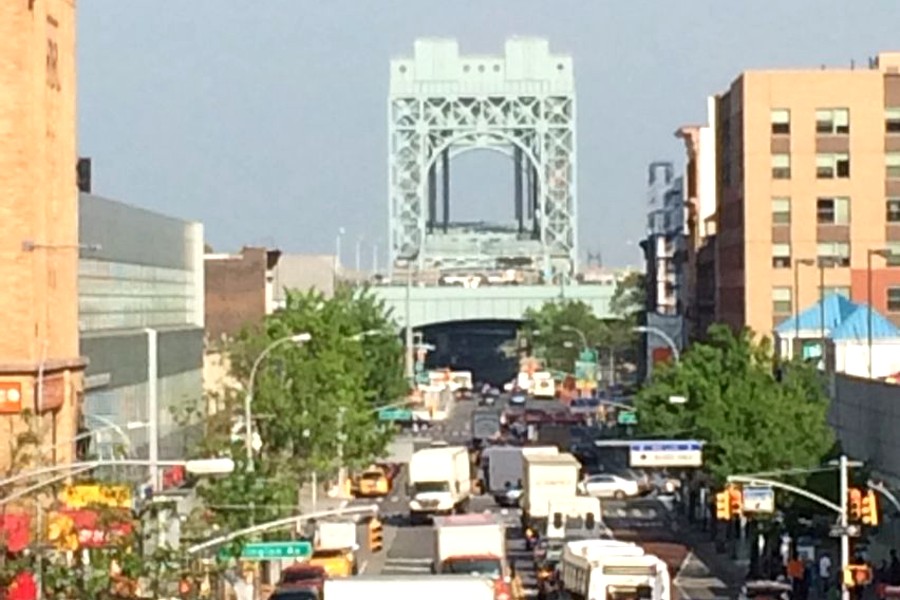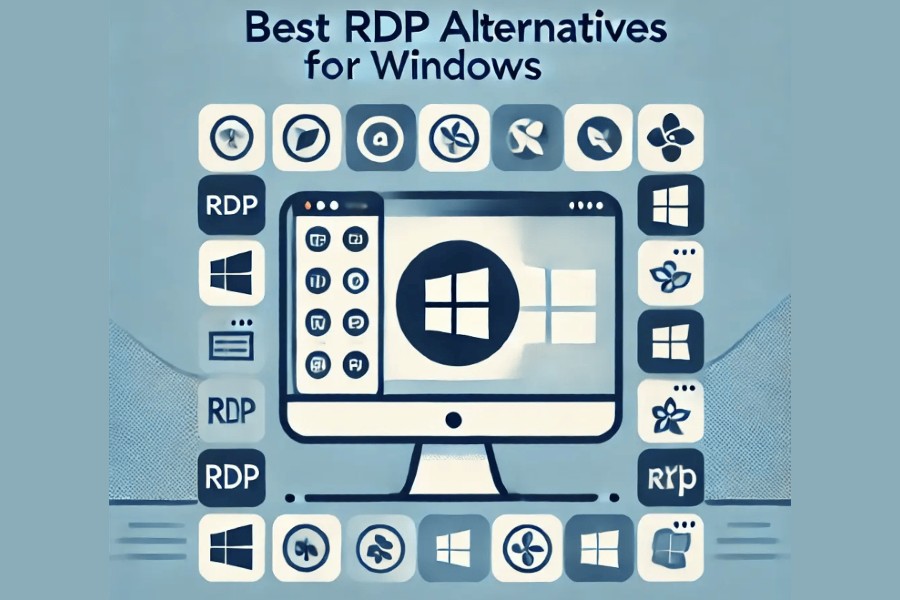
In March 2021, New York made history by becoming the fifteenth state in the United States to legalize recreational cannabis.
This monumental decision has ushered in a wave of positive changes, from increased tax revenues to job creation, improved access to medical and recreational users, and improved medical research potential.
Additionally, New York’s commitment to social and economic equity (SEE) should revolutionize the industry by ensuring that 50% of licenses go to SEE-qualifying participants.
Economic impact
One of the most immediate and noticeable effects of legalizing recreational cannabis in New York is boosting the state’s economy.
The Governor’s office at the time forecasted the legal cannabis market would generate as much as $350 million a year in tax revenues and create up to 60,000 jobs in the Empire State. It could eventually be worth $3.5 billion annually in economic activity.
These funds can be allocated towards vital public services, including education, healthcare, and infrastructure. 40% of the revenue has been earmarked for a new social equity fund for those harmed by the war on drugs.
The cannabis industry will create thousands of jobs, ranging from cultivation and retail positions to marketing and legal roles.
There has already been a massive increase in head shops and dispensaries across the state. By January 2023, there were 66 dispensaries across New York. In August of this year, the state Cannabis Control Board awarded over 200 Conditional Adult-Use Retail Dispensary licenses (CAURD), with many more to come.
This job growth is expected to continue as the industry expands, providing opportunities for New Yorkers across the state.
Gov. Cuomo signed a law in 2019 that removed criminal penalties for minor possession. The result was over 150,000 people had their previous marijuana convictions sealed. This addressed some of the economic imbalances and harm created by marijuana enforcement in the state.
What does legalization mean for New Yorkers?
New Yorkers can possess up to three ounces of cannabis or 24 grams of cannabis concentrates, such as oils and waxes, for recreational use.
People who are 21 and older can legally use, smoke, ingest, or consume cannabis products. They can also give such products to others who meet these same age requirements.
People will be permitted to store up to five pounds of cannabis at home. But they need to take “reasonable steps” to ensure it is stored in a secure place. There will also be regulations allowing clubs like smoking lounges. These clubs will allow cannabis products to be consumed, but alcohol will not be allowed.
People will be allowed to smoke and vape cannabis in public wherever smoking tobacco is legal. It will not be permitted in Schools, workplaces, inside a car, or public transport.
Medical Research and Treatment
Legalization has paved the way for improved access to cannabis for medical research and the treatment of various medical conditions. With a legal framework in place, researchers can now conduct rigorous studies to better understand the therapeutic potential of cannabis.
Conditions such as chronic pain, epilepsy, PTSD, and multiple sclerosis have shown promising results in response to cannabis-based treatments. This newfound avenue for research has the potential to revolutionize healthcare by offering alternative, effective treatments for those in need
Social and Economic Equity Program
A groundbreaking aspect of New York’s cannabis legalization is the commitment to social and economic equity (SEE). The program aims to rectify the historical injustices disproportionately affecting communities of color due to the War on Drugs.
Under the SEE program, 50% of licenses are reserved for qualifying participants, which includes individuals from communities most impacted by cannabis prohibition, low-income individuals, minority-owned businesses, and women-owned businesses. This initiative is a crucial step towards dismantling systemic barriers and creating a more inclusive, diverse industry.
New York’s SEE program also provides support through mentorship, technical assistance, and access to capital for SEE-qualifying entrepreneurs. This comprehensive approach ensures aspiring business owners have the tools and resources to succeed in the burgeoning cannabis market.
Regulation and licensing
When the laws first came into place, there were thousands of illegal businesses set up to cash in on this new boom. This has required a rethink of some laws and how they are practically enforced. Changes to legislation would step up enforcement measures, giving the state powers to quickly take action to shut down illegal businesses. The legislators also want to put real teeth in the level of fines that could be levied against illegal cannabis sales. This will help elevate pressures on legitimate businesses that the illegal trade has undercut. As it currently stands, some taxes and licensing costs make business prohibitively expensive. Hence, a rewrite of the tax law and licensing fees is on the cards.
Conclusion
The legalization of recreational cannabis in New York represents a transformative milestone in the state’s history. The economic benefits, improved access to medical research, and commitment to social and economic equity are reshaping the landscape of the cannabis industry. With an eye toward inclusivity and progress, New York sets a powerful example for other states considering similar reforms. As the industry continues to evolve, New York’s pioneering efforts must serve as a blueprint for responsible and equitable cannabis legalization across the nation and also how states can learn and roll these out more smoothly in the future.
- Bronx: NYWF’s 30th Annual Dinner Honors Community Leadership And Purpose
- God’s Love We Deliver Joins Melba Wilson For Special Thanksgiving Turkey Giveaway In Harlem
- Unlocking Business Growth With Strategic SEO Practices
- How To Boost Instagram Story Views Effectively
- The Pros And Cons Of Major Types Of Grills
Become a Harlem Insider!
By submitting this form, you are consenting to receive marketing emails from: . You can revoke your consent to receive emails at any time by using the SafeUnsubscribe® link, found at the bottom of every email. Emails are serviced by Constant Contact









